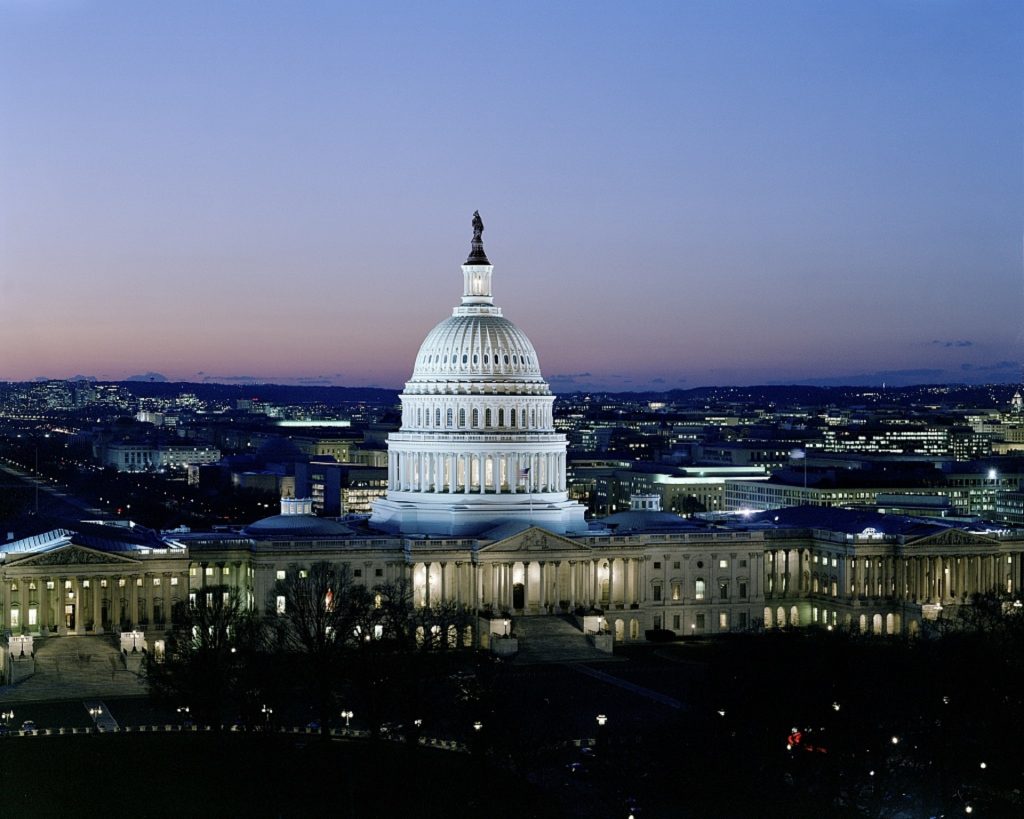
Earlier this week, Voqal joined a coalition of organizations led by the Schools, Health, and Libraries Broadband Coalition (SHLB) and others calling on federal policymakers to make important changes to the Universal Service Fund (USF) contribution mechanism. The Universal Service Fund is an important tool for increasing internet connectivity and addressing the digital divide.
The letter sent by the coalition explains:
The federal Universal Service Fund (USF) is one of the nation’s most important programs designed to address the digital divide and connect families, small businesses, and communities in need of critical communications services. Indeed, it enables the deployment and operation of broadband-capable network and ensures the availability of more affordable services in rural America. It also supports the connectivity of schools, libraries, rural healthcare providers, and low-income families.
Unfortunately, this universal service system is in danger of collapse because the mechanism that funds it has not been updated since it was adopted nearly 25 years ago. As a result, the USF fee has spiraled from about 7% to around 30% over the last two decades and could exceed 40% in the near future. The existing system is also inequitable and discriminatory because some consumers pay a disproportionate amount compared to others, even when using similar services.
In order to address inequities in the USF, the coalition asks federal policymakers to take immediate action.
The undersigned organizations support immediate action to reform and stabilize the funding mechanism that supports the USF by expanding the list of services that pay into it to include broadband internet access services (BIAS). A recent report called USForward by USF expert Carol Mattey finds that including BIAS revenues would lower the USF fee to less than 4% for the foreseeable future. The report also suggests that assessing BIAS is reasonable because most USF funds are used to expand the availability and affordability of that service. An economic analysis released last year also determined that the imposition of a relatively small assessment on BIAS to support USF would have no material impact on broadband adoption and retention. To the extent there are concerns about the impact of such reform on the most vulnerable populations, such concerns can be addressed by tailored measures to protect low-income households.
Our recommendation would reduce regulatory uncertainty, would better reflect evolving uses of services, would be straightforward to administer, and would be more equitable and nondiscriminatory for residential and business consumers than the current system. Moreover, the Federal Communications Commission could make this change under its existing authority without requiring new legislation.
At Voqal, we believe that one of the ways to create the more socially equitable world we strive towards is to ensure everyone has access to a reliable internet connection. We believe the proposed reforms to the USF ensure it will continue to be a valuable tool in the journey towards that goal. We thank SHLB for helping to lead this effort and look forward to action from our federal policymakers on this issue.
You can read the full letter and a full list of the organizations who signed on to the letter on the SHLB website.